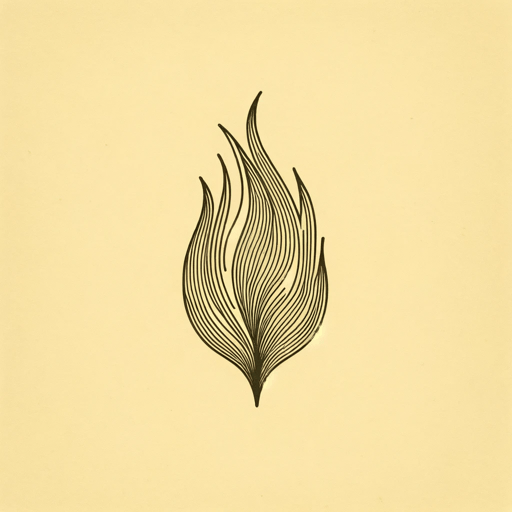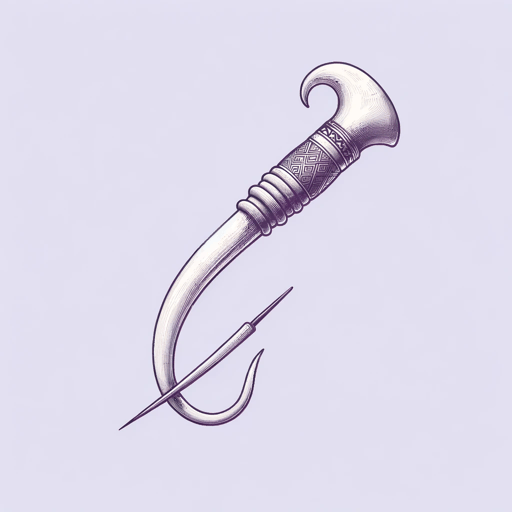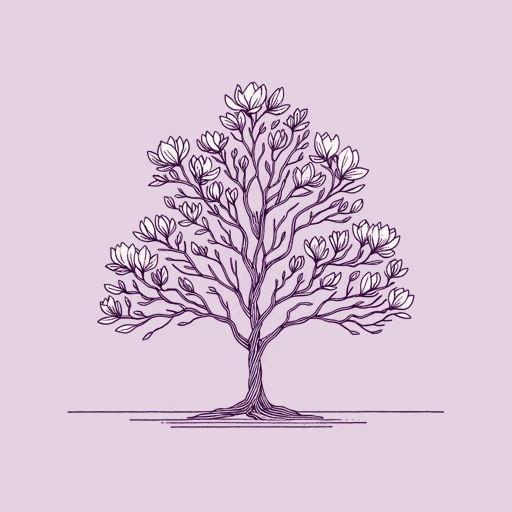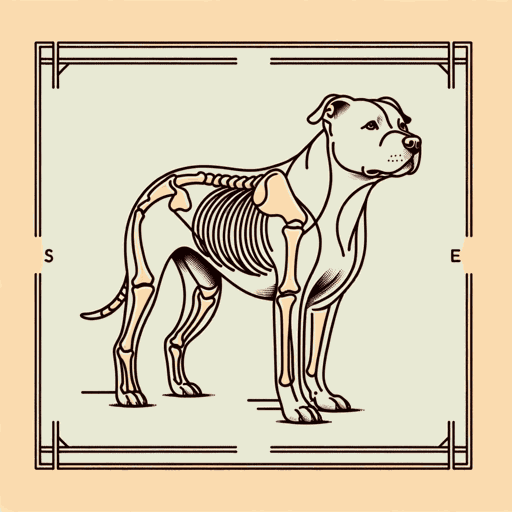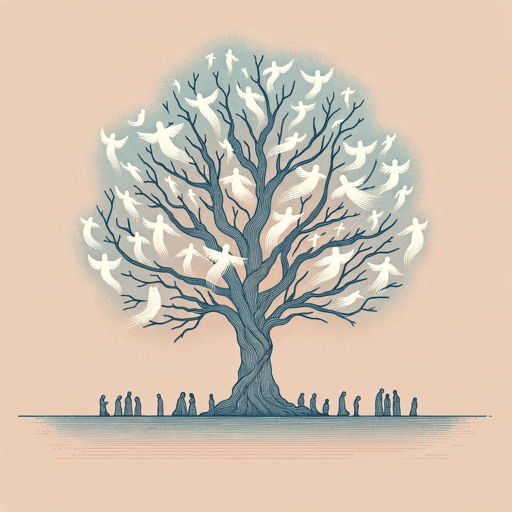112 pages • 3 hours read
Jesmyn WardThe Fire This Time
Nonfiction | Book | Adult | Published in 2016A modern alternative to SparkNotes and CliffsNotes, SuperSummary offers high-quality Study Guides with detailed chapter summaries and analysis of major themes, characters, and more. For select classroom titles, we also provide Teaching Guides with discussion and quiz questions to prompt student engagement.
Summary
“The Tradition” by Jericho Brown
Introduction by Jesmyn Ward
“Homegoing, AD” by Kima Jones
“The Weight” by Rachel Kaadzi Ghansah
“Lonely in America” by Wendy S. Walters
“Where Do We Go from Here?” by Isabel Wilkerson
“‘The Dear Pledges of Our Love’: A Defense of Phillis Wheatley’s Husband” by Honorée Fanonne Jeffers
“White Rage” by Carol Anderson
“Cracking the Code” by Jesmyn Ward
“Queries of Unrest” by Clint Smith
“Blacker Than Thou” by Kevin Young
“Da Art of Storytellin’ (a Prequel)” by Kiese Laymon
“Black and Blue” by Garnette Cadogan
“The Condition of Black Life Is One of Mourning” by Claudia Rankine
“Know Your Rights!” by Emily Raboteau
“Composite Pops” by Mitchell S. Jackson
“Theories of Time and Space” by Natasha Trethewey
“This Far: Notes on Love and Revolution” by Daniel José Older
“Message to My Daughters” by Edwidge Danticat
Key Figures
Themes
Symbols & Motifs
Important Quotes
Essay Topics
Important Quotes
“Men like me and my brothers filmed what we
Planted for proof we existed before
Too late, sped the video to see blossoms
Brought in seconds, colors you expect in poems
Where the world ends, everything cut down.
John Crawford. Eric Garner. Mike Brown.”
(“The Tradition”, Page 1)
Jericho Brown compares the planting of flowers with the ephemerality of black life in his sonnet. The final six lines show black men attempting to hold onto their lives and legacies before they are destroyed. The three men named in the final line died in very public incidents of police brutality against African Americans.
“I know little. But I know what a good portion of Americans think of my worth. Their disdain takes form. In my head, it is my dark twin. Sometimes I wonder which of us will be remembered if I die soon [...]. Will I be a vicious menace, like Trayvon Martin? An unhinged menace, like Tamir Rice? A monstrous menace, like Mike Brown? An unreasonable menace, like Sandra Bland? A sly menace, like Emmett Till?”
(Introduction, Page 6)
Anthology editor Jesmyn Ward meditates on the deaths of unarmed black Americans, whom white people tend to villainize out of disdain, fear, and hatred. Ward, however, considers the humanity of Trayvon Martin and others, as well as the tragedy of their loss in acts of racially motivated violence.
“If we—and now I mean the relatively conscious whites and the relatively conscious blacks, who must, like lovers, insist on, or create, the consciousness of others—do not falter in our duty now, we may be able, handful that we are, to end the racial nightmare, and achieve our country, and change the history of the world. If we do not dare everything, the fulfillment of that prophecy, re-created from the Bible in song by the slave, is upon us: God gave Noah the rainbow sign, No more water, the fire next time!”
(Introduction, Page 11)
Near the end of Jesmyn Ward’s Introduction, she quotes this passage from James Baldwin’s The Fire Next Time, the title that inspired this anthology. Baldwin issues this call to action for the betterment of race relations in America and warns that a great disaster may visit the U.S. if readers fail to pursue change. “The fire next time” comes from a slave spiritual referencing the biblical flood and predicting a flaming judgment on the earth.
Related Titles
By Jesmyn Ward
